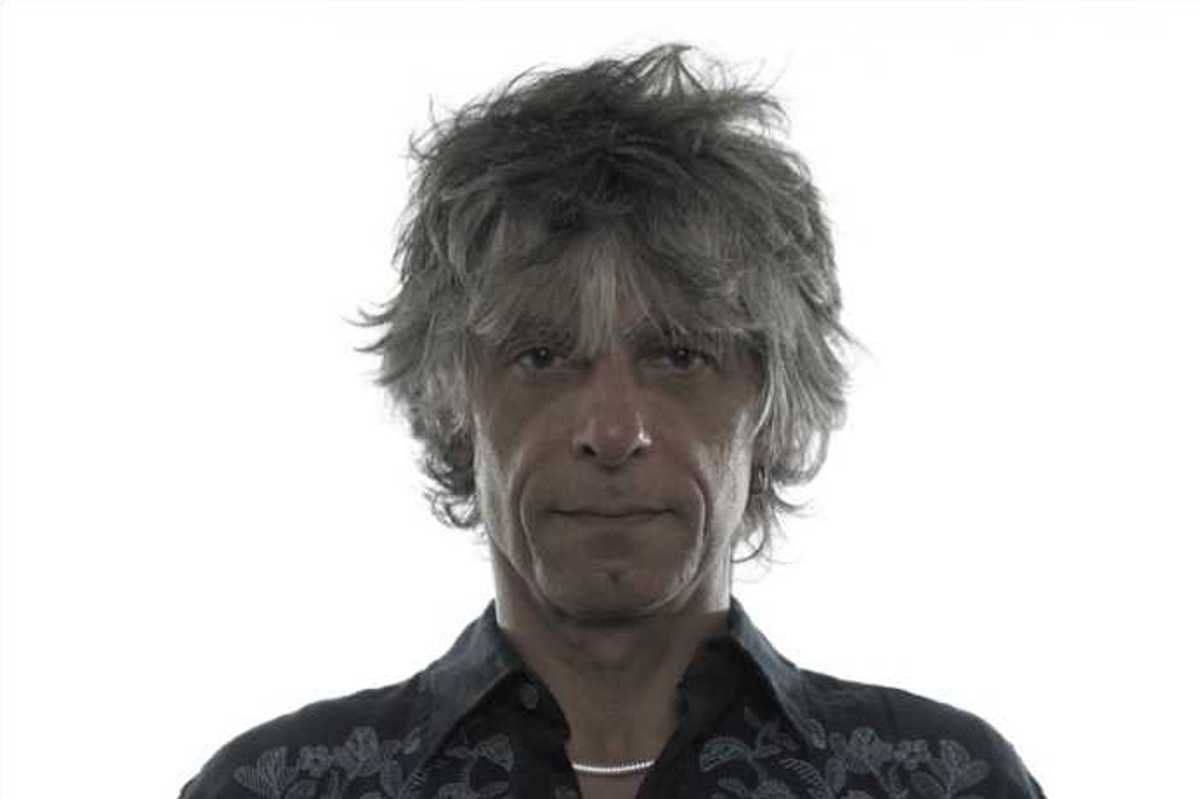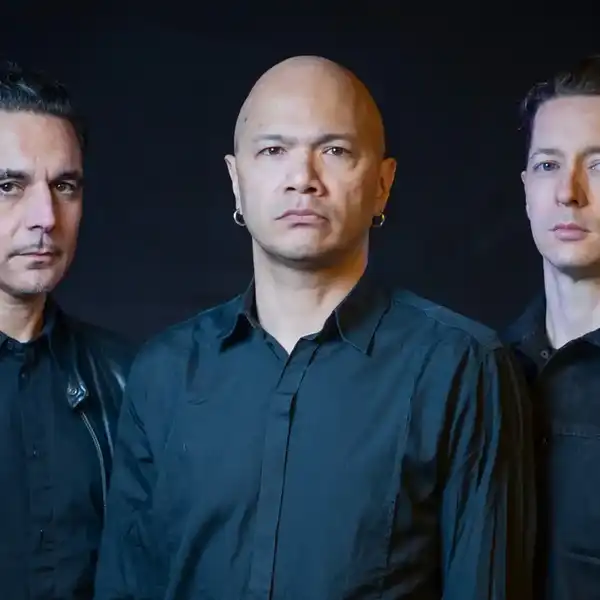SOCAN, ASCAP and BMI Will Now Accept Registrations of Partially AI-Generated Music
The three major North American performing rights societies have aligned on AI music policies, and have put out a joint announcement.
The explosion of artificial intelligence (AI) technology is already having a major impact on the music industry, forcing artists, music companies and trade organizations to rapidly assess and address both the opportunities and dangers AI presents. The three major North American performing rights societies (PROs), SOCAN (Canada) and ASCAP and BMI (U.S.), have responded rapidly.
Today (Oct. 28), they have announced they have each adopted policies to accept registrations of musical compositions partially generated using artificial intelligence (AI) tools. These works can now be registered directly with the individual societies.
In a joint statement, they explain that "all three PRO registration policies define a partially AI-generated musical work as one that combines elements of AI-generated musical content with elements of human authorship. These works will now be included as part of the full repertories licensed by each society."
This does not include musical compositions that are created entirely with AI, and those are not eligible for registration. However, the new policy reflects the fact that songwriters and composers increasingly incorporate a variety of AI tools into their creative process and workflow, according to the announcement.
"While an increasing number of AI tools are training their models in an ethically responsible manner that respects the rights of human creators, the three PROs emphasized their firm position that AI technology companies ingesting and training models on copyrighted musical works without permission from, compensation for or credit to creators is not fair use, but theft."
SOCAN CEO Jennifer Brown says that the alignment of all three PROs "creates a legal and ethical path forward for AI in music." It's one that still puts humans first, she says.
"It recognizes that music creators are embracing new tools, while reinforcing our commitment to what matters most: respect for their work and the protection of human creativity," she says. "The future of music can embrace AI and still remain deeply human.”
ASCAP, BMI and SOCAN have advocated for enforcement of strong copyright laws and staunchly defended the rights of music creators in ongoing debates over AI policy across the U.S. and Canada. All three PROs have endorsed meaningful AI legislation, supported lawsuits filed on behalf of music creators against the illegal use of their work by AI companies around the globe and weighed in on major AI policy initiatives and studies, including those launched by the U.S. Copyright Office, The White House and the Government of Canada.
Back on Oct. 8, three major Canadian music industry groups (SOCAN, Music Publishers Canada and Music Canada) appeared in Ottawa before the House of Commons' Standing Committee on Canadian Heritage, which is studying the effects of technological advances in artificial intelligence on the creative industries.
Andrea Kokonis, SOCAN chief legal officer and general counsel, informed Billboard Canada then that, in front of the Standing Committee, "Jennifer Brown reinforced the importance of a healthy licensing market, as well as SOCAN’s long-standing expertise in licensing and royalty distribution — across every new technology that’s reshaped the music industry — positioning us to help ensure fair, practical solutions for both creators and AI companies."


















